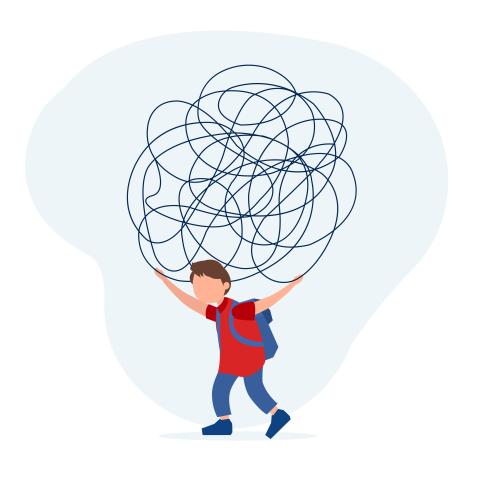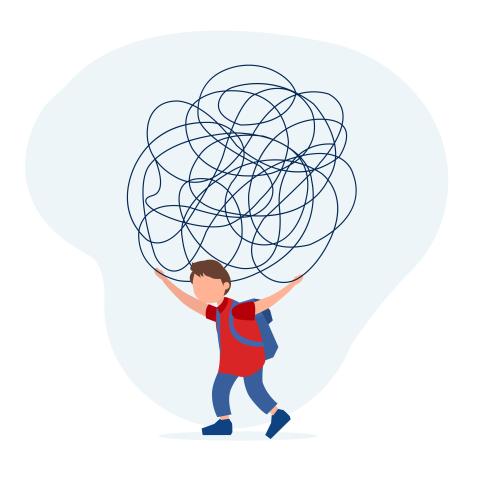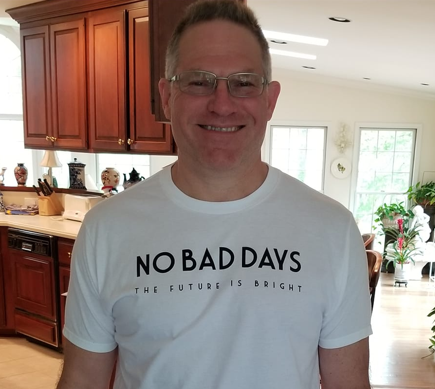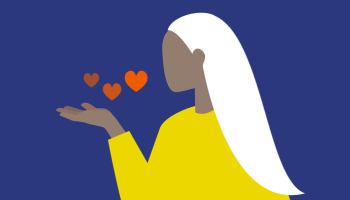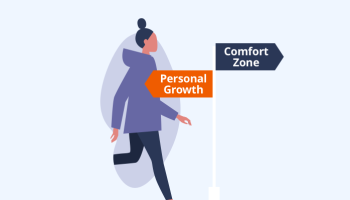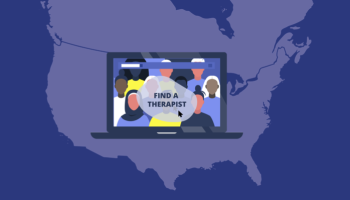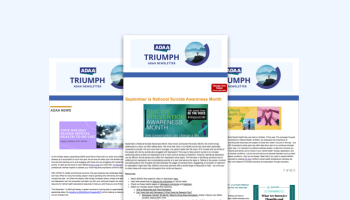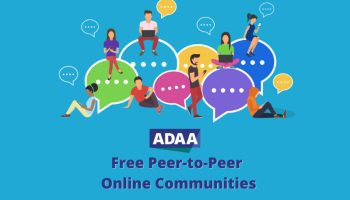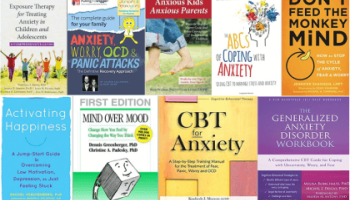After the terrorist attacks in Brussels, Paris, or elsewhere, many people may find themselves struggling with symptoms of anxiety, stress and even posttraumatic stress disorder, or PTSD.
The news of the latest terrorist attacks may trigger anxious thoughts and feelings in those who have experienced or witnessed life-threatening events. ADAA provides free resources to help children and adults manage and overcome PTSD and other anxiety and related disorders. Learn more about PTSD here, including effective treatments.
PTSD can occur after experiencing or witnessing a life-threatening event, including a terrorist attack like 9/11 or those in Paris; the bombings at the 2013 Boston Marathon; combat; earthquake, tsunami, hurricane, tornado, or other natural disaster; serious auto or plane accidents; personal assault or abuse; or the sudden death of a loved one.
Symptoms may include flashbacks and nightmares; emotional numbness and avoidance; difficulty sleeping and concentrating, feeling jumpy, and being easily irritated. Most people recover from their experiences, but people who have PTSD continue to be severely depressed and anxious for months—or even years—following the event.
Because children react differently than adults to the effects of trauma, the ADAA website offers practical advice on how to help your child manage traumatic events. Dr. Aureen Wagner, Director of The Anxiety Wellness Center in Cary, North Carolina, says that if your children is traumatized, “Remain as calm as possible. Explain a traumatic event as accurately as possible, but don’t give graphic details. It’s best not to give more information than your child asks for. Let your child know that it is normal to feel upset, scared or angry.”
Also on the website is a podcast with Dr. Judith Cohen, Medical Director of the Center for Traumatic Stress in Children & Adolescents at Allegheny General Hospital in Pittsburgh, explains how children experience PTSD and treatments that are particularly effective for them.
People interested in finding therapists who specialize in anxiety can search in the ADAA Find a Therapist.


